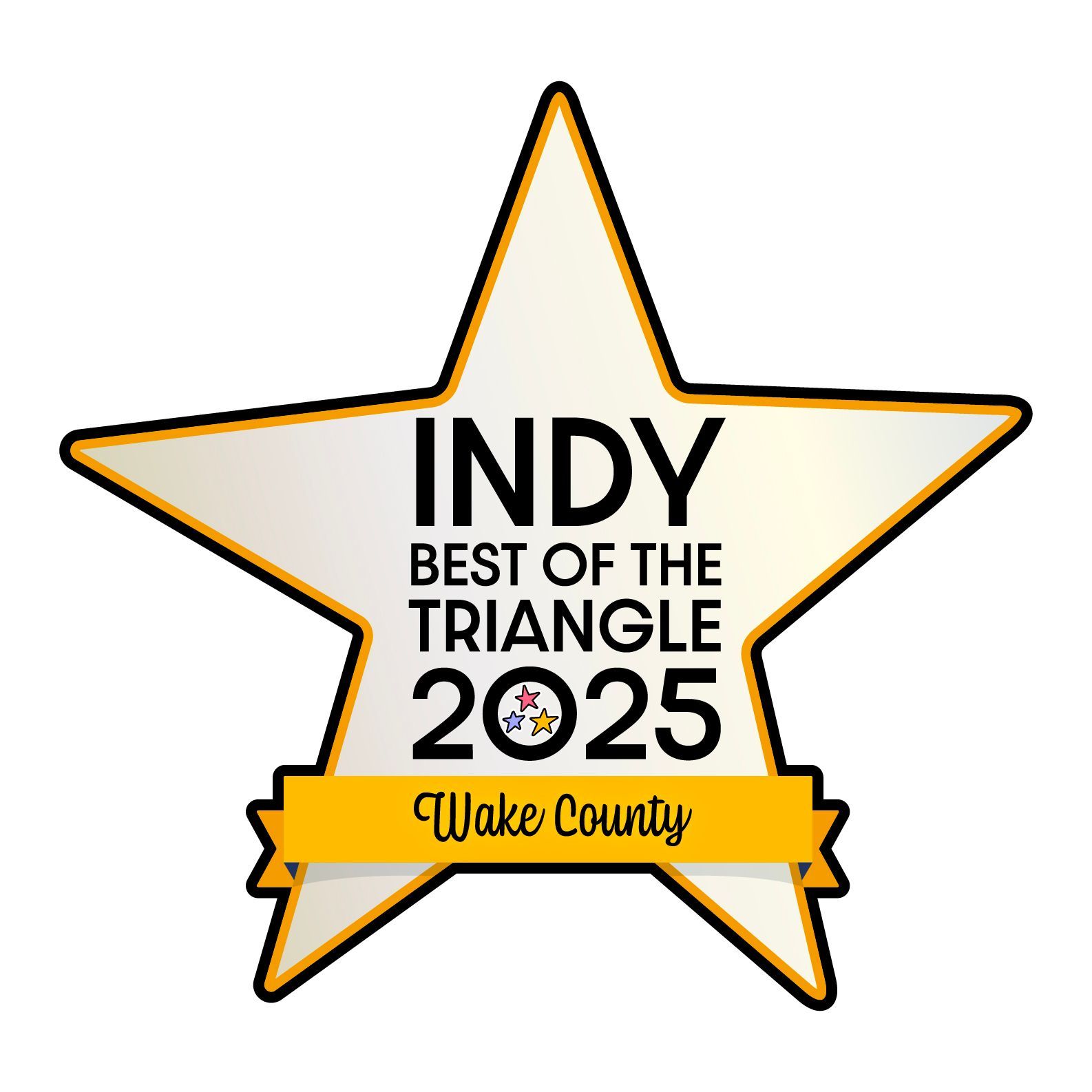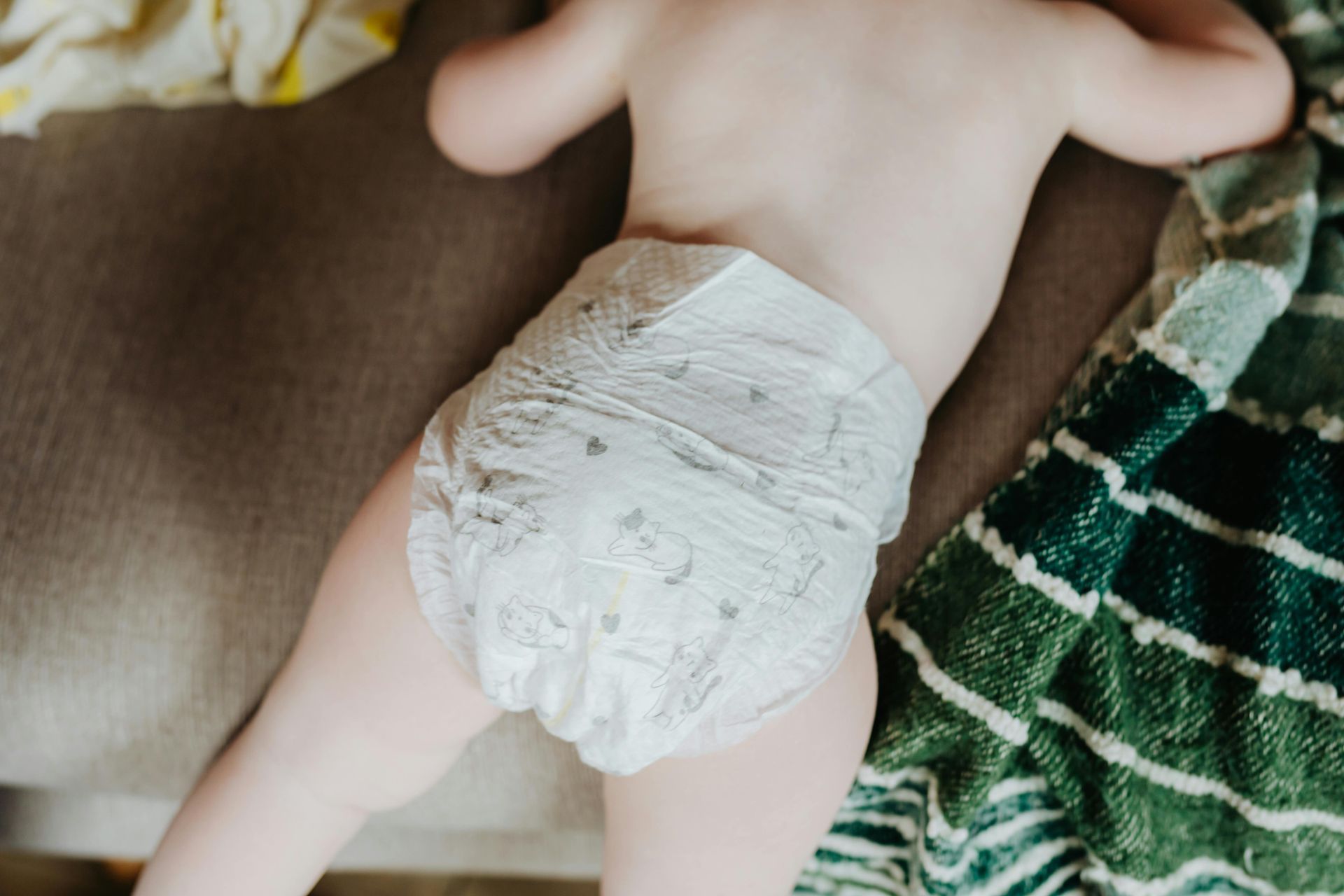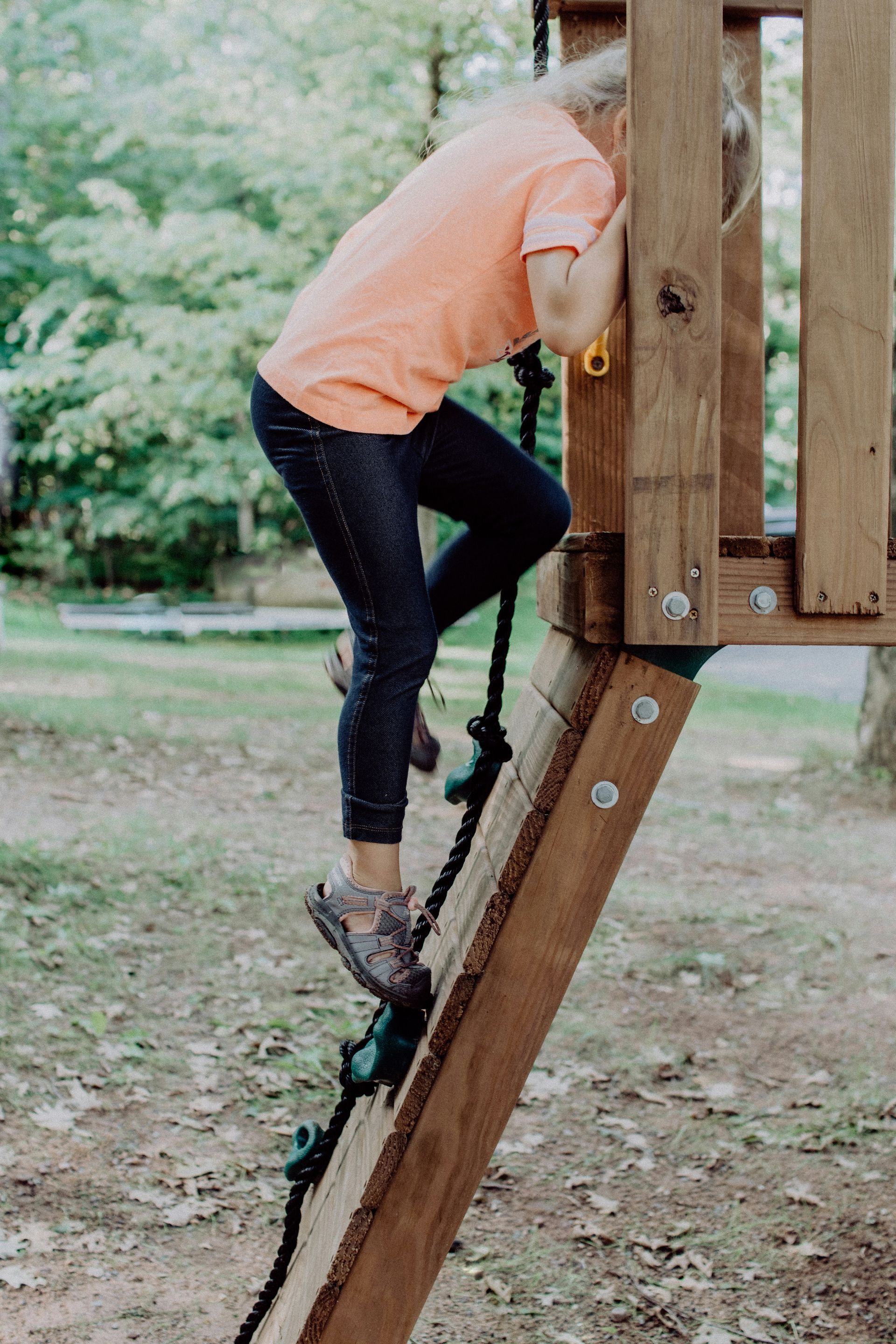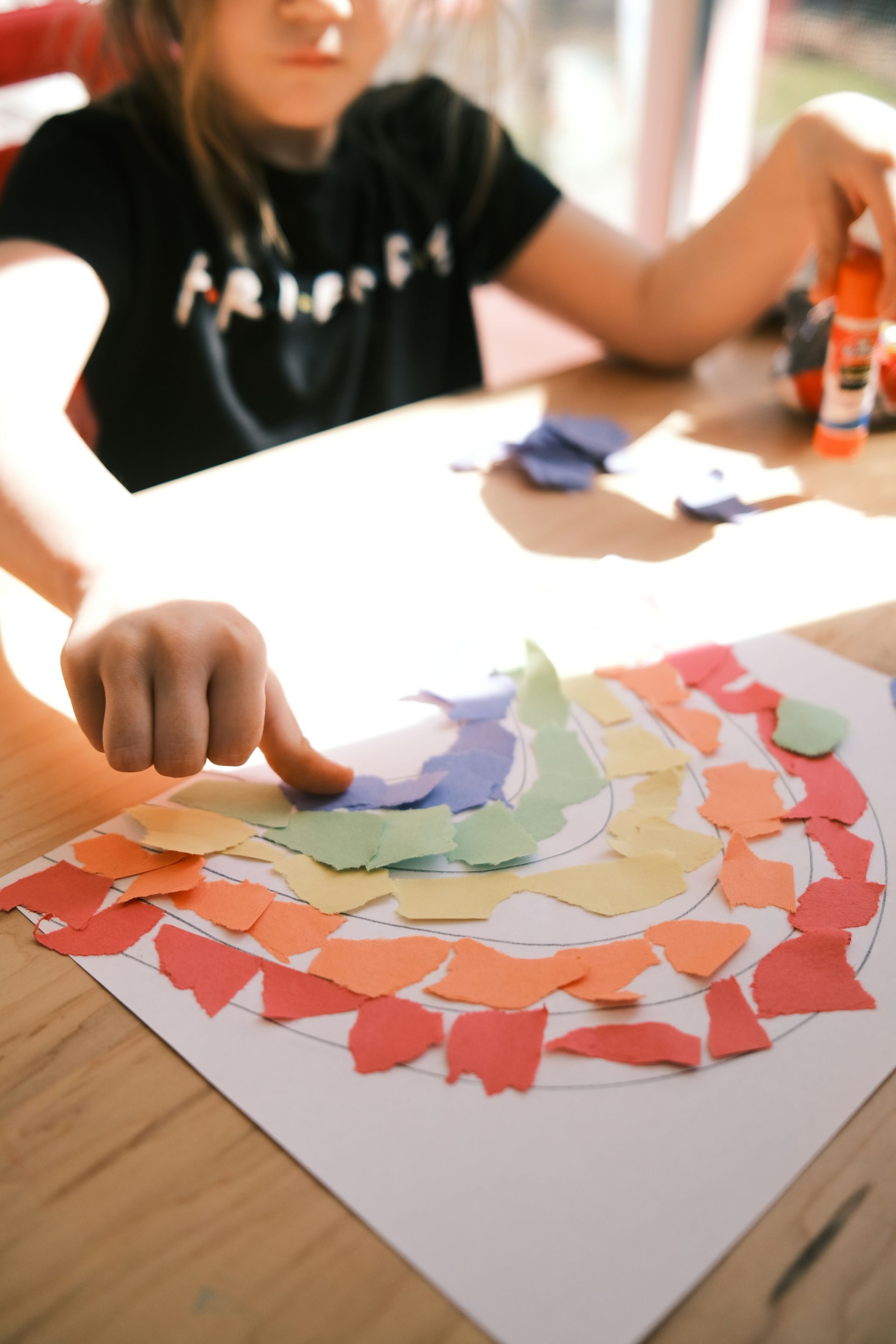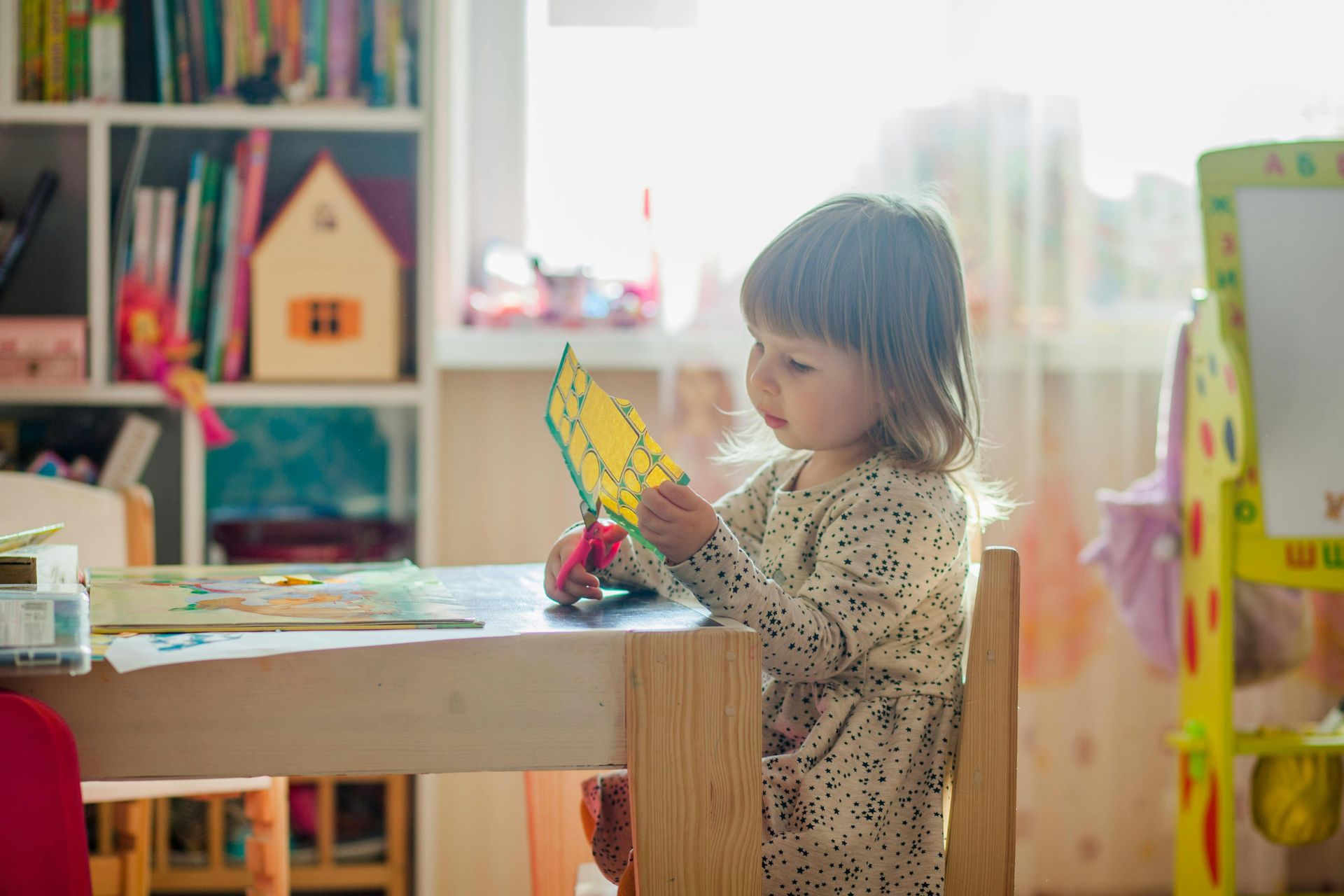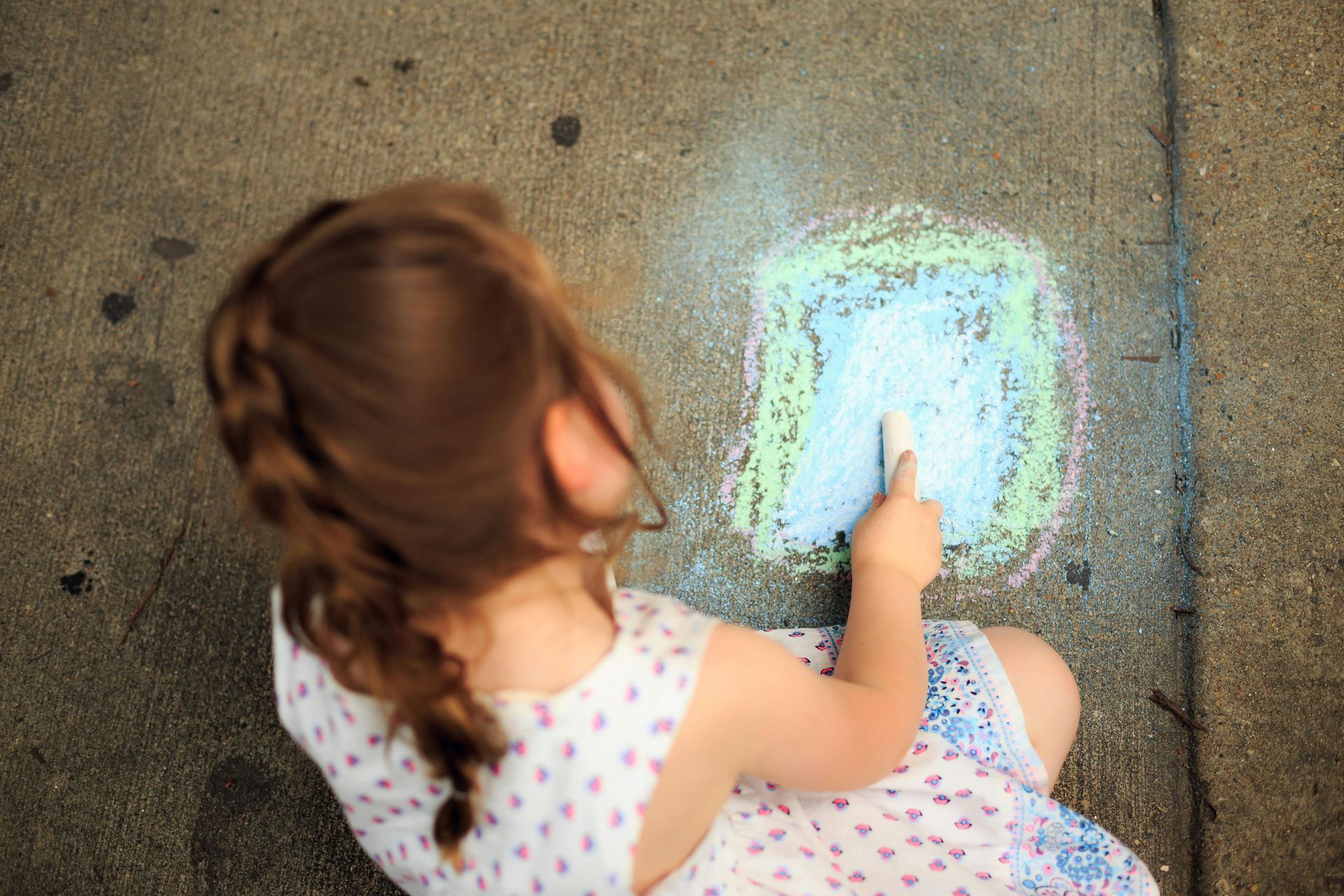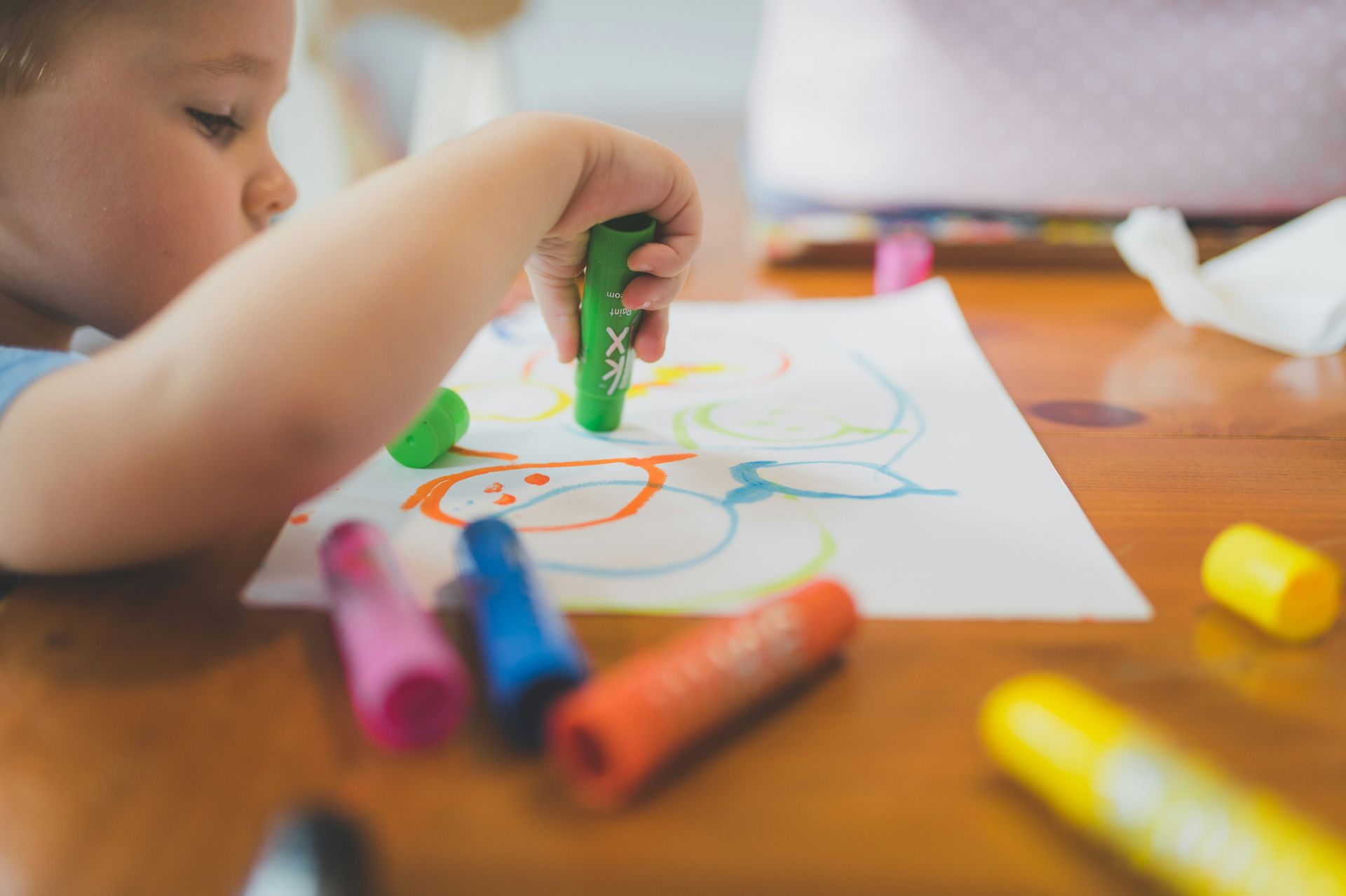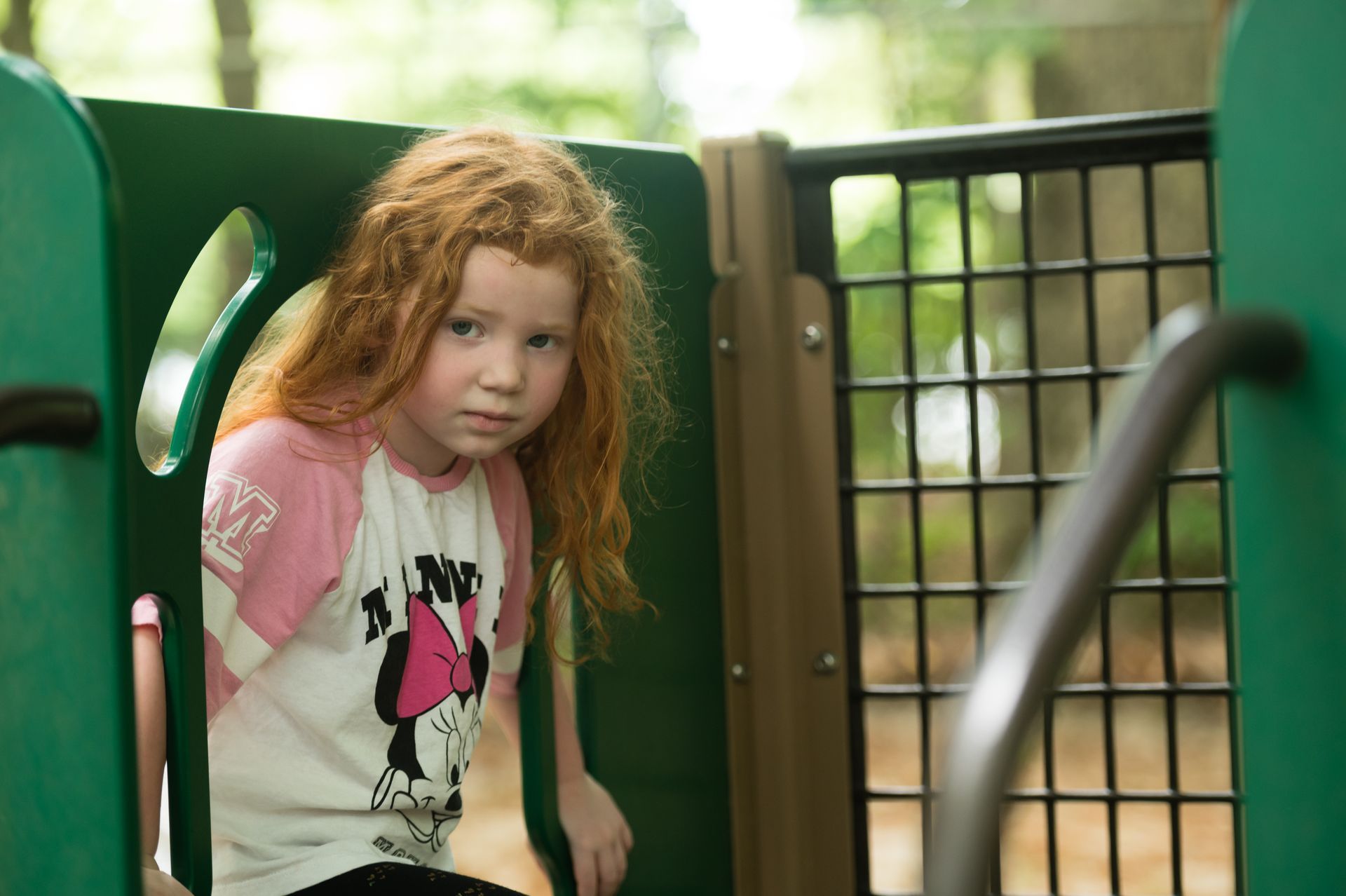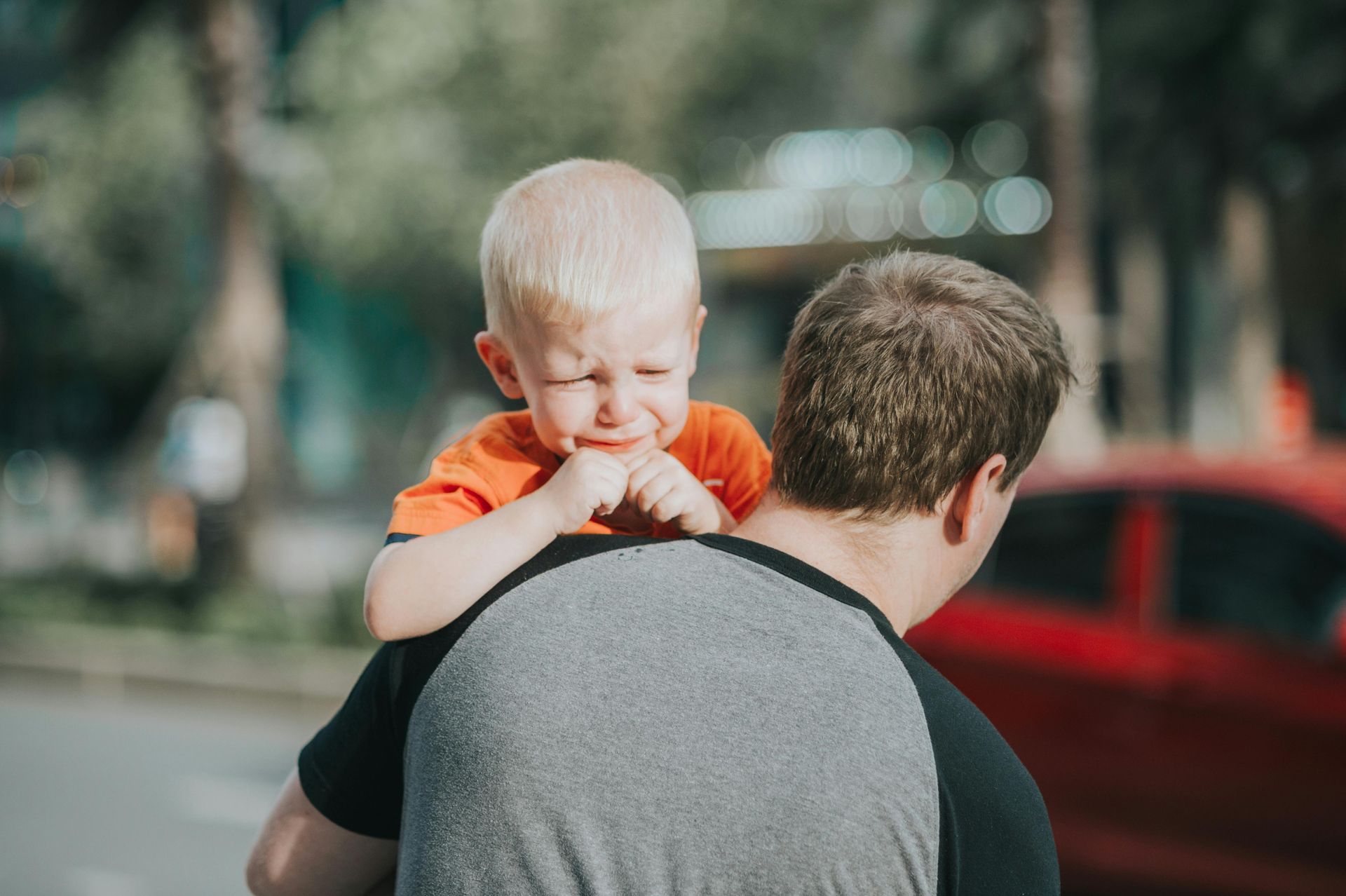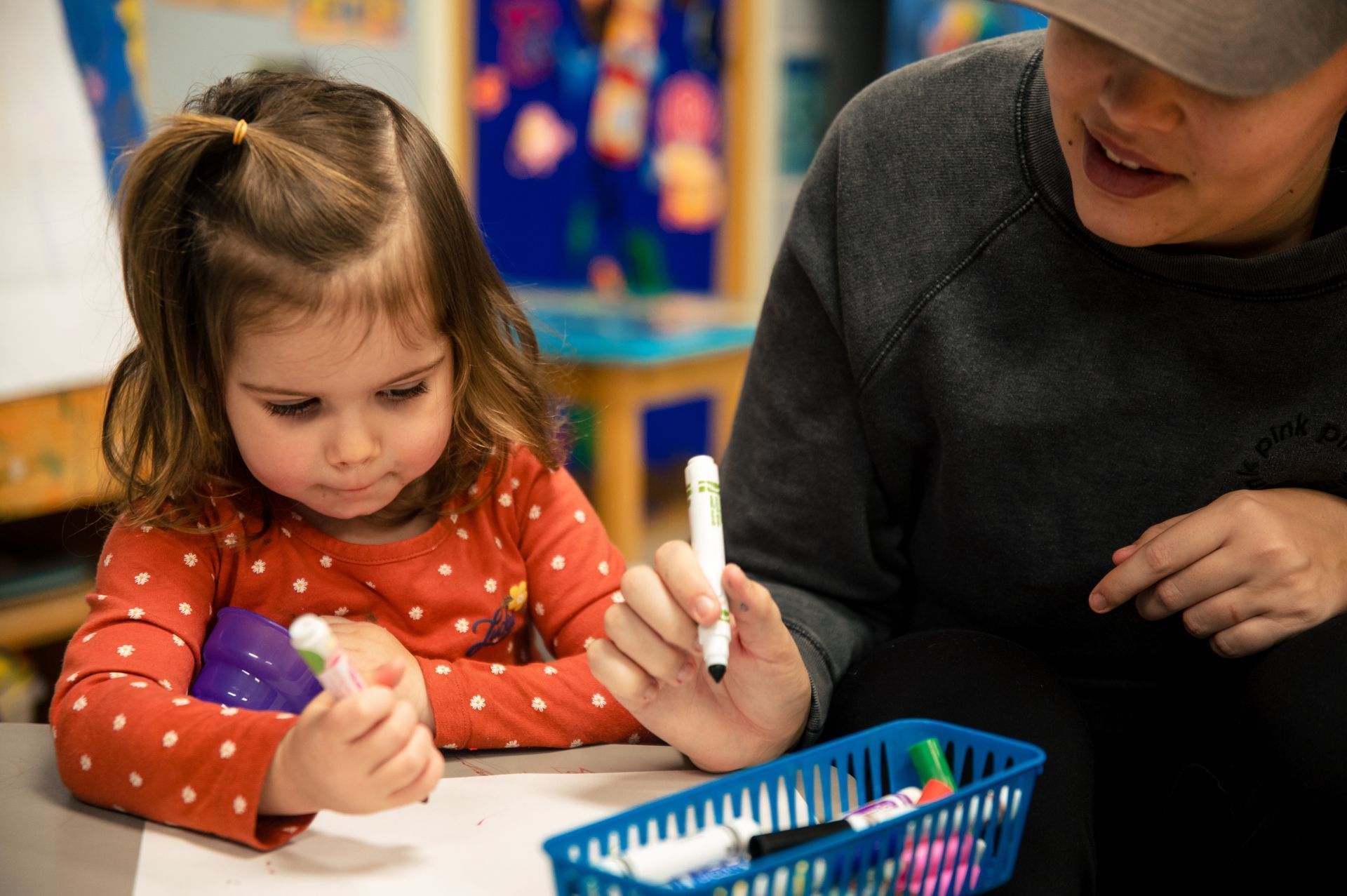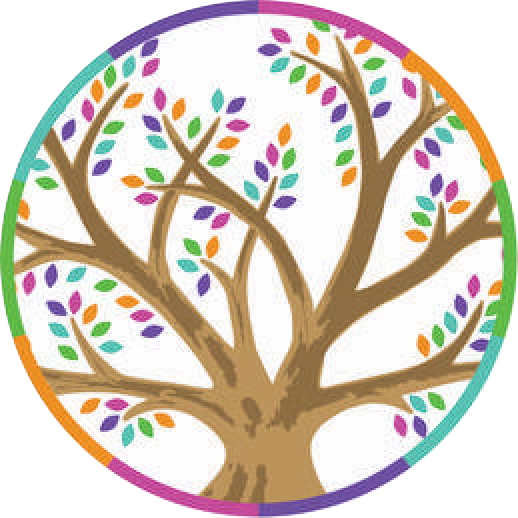By Temple Beth Or Preschool
•
November 7, 2024
When it comes to choosing a preschool, it’s easy to focus on the basics: location, curriculum, schedule. But one factor that often gets overlooked—and makes a major difference in your child’s experience—is class size . At Temple Beth Or Preschool, we keep our classes small for a reason. With two teachers in every classroom and intentionally low student-to-teacher ratios, we’re able to offer the kind of personal attention and connection that young children truly need to grow. Here’s why that matters: 1. More Individualized Attention Every child learns differently. Some jump right into circle time; others need a little encouragement. In a small class, teachers can truly get to know each child—their interests, their personality, their unique learning style—and adapt the day accordingly. This means: Teachers can spot and nurture each child’s strengths Kids who need a little extra help aren’t overlooked Children build meaningful bonds with the adults in their classroom 2. Stronger Relationships, Safer Spaces Preschool is often the first time a child spends extended time away from their family. Small classes make this transition easier by creating a warm, consistent, and emotionally safe environment. Children in smaller classrooms: Form deeper friendships with classmates Feel more seen and heard Are more likely to speak up, try new things, and participate It’s not just about physical safety—it’s about emotional safety, too. 3. Better Support for Social-Emotional Learning Learning how to share, cooperate, and solve problems is just as important as learning ABCs—and it takes practice. In a smaller group, teachers have more time to coach children through tricky moments instead of simply managing behavior. At TBOP, we use the Conscious Discipline model to help children name their feelings, practice empathy, and build conflict resolution skills. Small class sizes allow us to be present and patient in those critical moments of growth. 4. A Quieter, More Focused Environment Let’s be real: preschool can be loud! With fewer children in a classroom, the energy is still joyful and playful—but there’s more room for focus, calm, and creativity. Small class sizes allow: More uninterrupted play and deeper concentration Easier transitions between activities More opportunities for teachers to introduce meaningful learning moments throughout the day 5. More Confidence for Kindergarten With fewer peers, children have more chances to lead, take on classroom jobs, and develop independence. By the time they leave our NAEYC-accredited, 5-star Raleigh preschool , they’re not only academically prepared—they’re confident and emotionally ready for kindergarten. (Explore our blog: Kindergarten Readiness: What It Means ) The TBOP Difference We keep our classes small not because it’s easy—but because it’s worth it. At Temple Beth Or Preschool, our teachers aren’t just managing a room—they’re mentoring, listening, guiding, and connecting with every child, every day. When your child is in a classroom where they are truly known, everything else falls into place. Want to see what a small, joyful classroom looks like in action? Schedule a visit and come see why families call TBOP one of the top Raleigh preschools for early childhood education.
